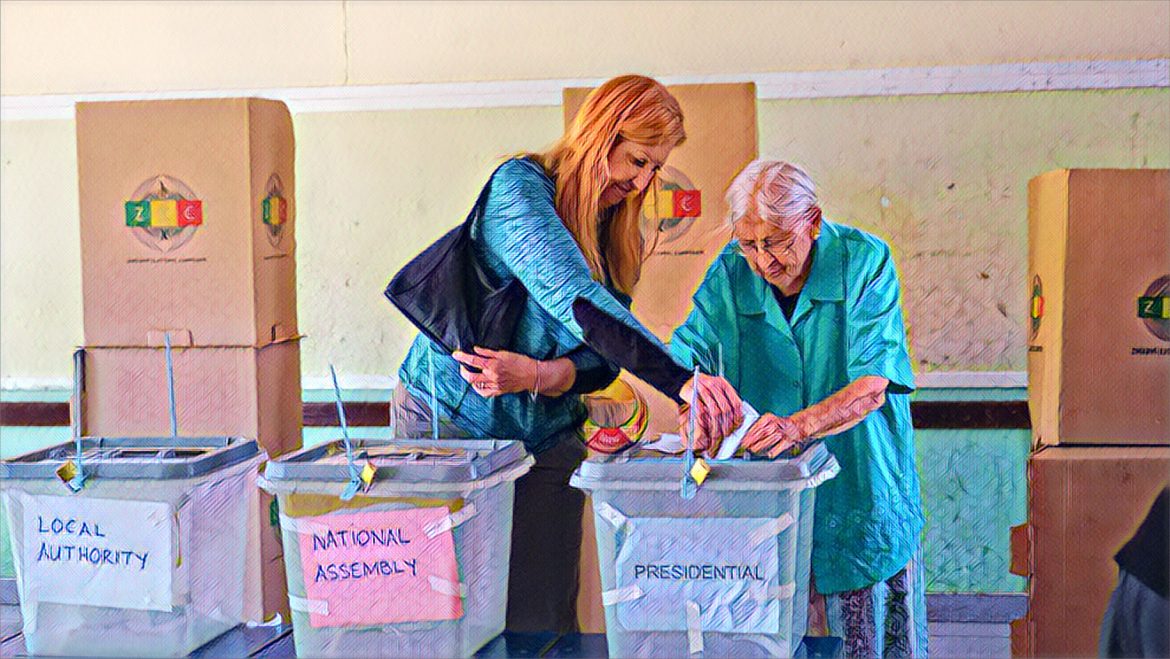Election day in Zimbabwe faced challenges as urban polling stations experienced significant ballot paper delivery delays, leading to a decrease in voter turnout, a new detailed report from the Election Resource Centre (ERC) states.
In urban areas, polling stations that opened punctually saw a voter turnout of 64.8%. In contrast, those that faced delays registered only a 58.8% turnout. The delay, attributed to the Zimbabwe Electoral Commission’s failure to timely deliver local authority ballot papers, affected most urban polling stations.
In rural polling locations, turnout figures showed less discrepancy. Stations that commenced on schedule had a 70.2% turnout, while those that began late saw a slight decrease to 69.2%.
The ERC study noted that, of the polling stations observed, 80% began voting processes by 07:15. Even so, there was an average 10% drop in turnout, signifying a broader trend in reduced voter engagement.
The 2023 harmonized election revealed a national voter turnout of 68.9%. However, observed polling stations averaged a 66.5% turnout, which is 2.4% below the national figure. Breakdowns showed that rural polling stations had a turnout of 70.3%, while urban areas reported a 64.2% turnout.
The data underscores a higher engagement in rural constituencies compared to urban ones. Historically, the ruling ZANU PF party has seen robust rural support, while the CCC party draws the majority of its backing from urban areas.
ERC further highlighted that 76.4% of rural polling stations surpassed the 66.5% observed average turnout, while only 42% of urban stations exceeded this figure.
A significant 30,458 registered voters refrained from voting, which accounts for 33.5% of the total voter population. Of this group, 20,726 (or 68%) were in urban regions, leaving 8,952 (or 32%) in rural areas.
The ERC’s findings align with concerns raised by multiple Election Observer Missions (EOMs). These missions have commented on the restricted political climate during the elections. Notably, the SADC Election Observer Mission report remains critical of the electoral process’s credibility, facing challenges from the ruling party. Many other observer groups have echoed these concerns, though often couched in more diplomatic terms.


